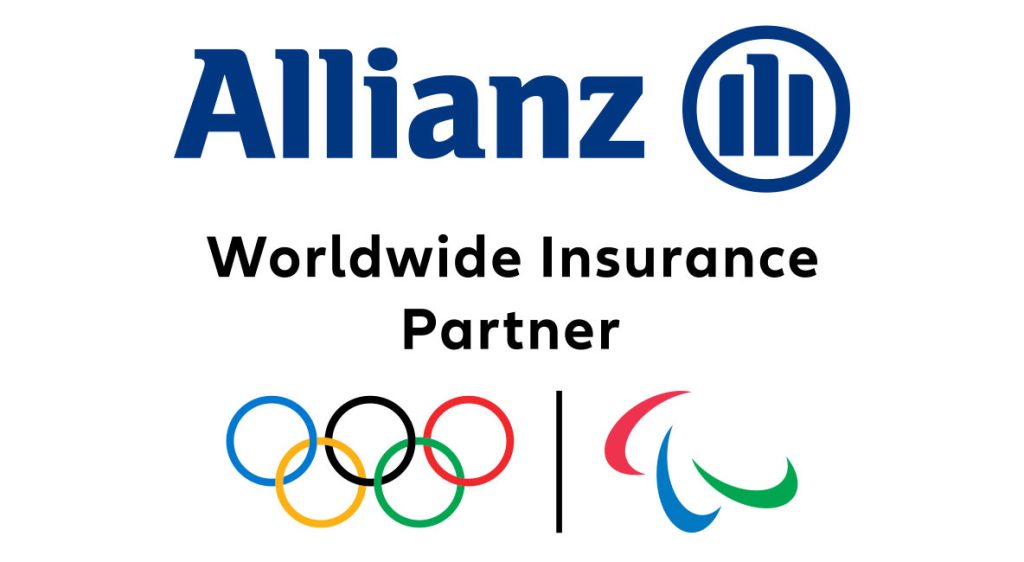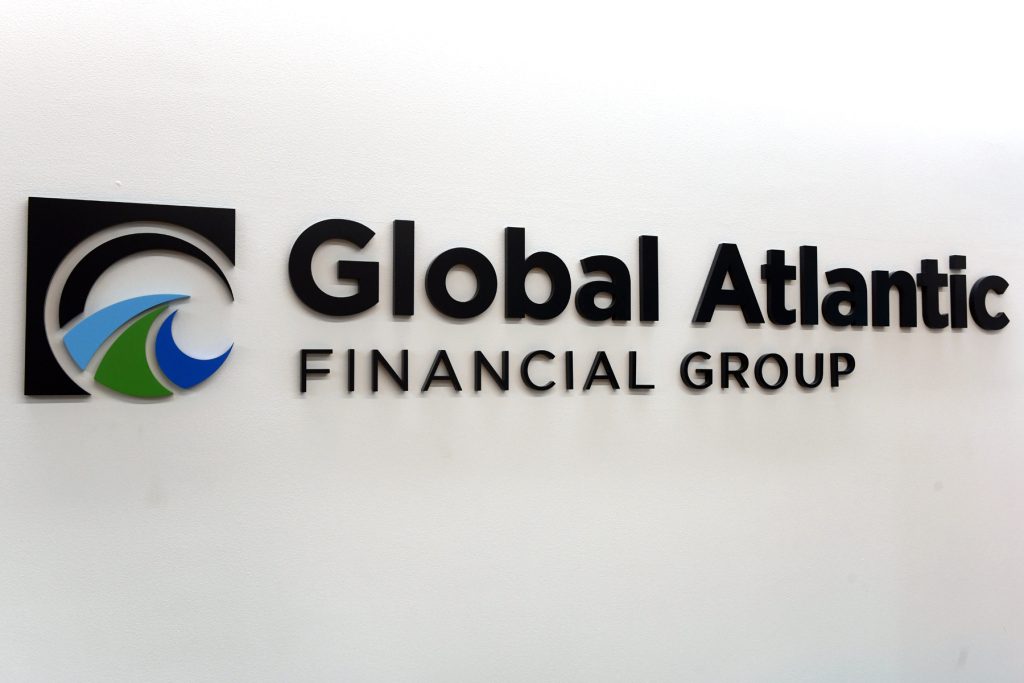Introduction
As we are already in the first quarter of 2025, financial literacy is more important than ever. The economic landscape is evolving, and American investors must stay informed to protect and grow their wealth. Avoiding common financial mistakes can mean the difference between financial security and unnecessary losses. In this guide, we’ll explore the most critical financial mistakes to avoid in 2025 and provide expert-backed strategies to ensure your financial success.
Learn more about our financial advisory services.

1. Neglecting a Diversified Investment Portfolio
Why It’s a Mistake:
Investing in only one type of asset, such as stocks or real estate, exposes you to unnecessary risks. Market fluctuations can impact your portfolio significantly if it’s not well-diversified.
Solution:
- Allocate investments across different asset classes (stocks, bonds, ETFs, real estate, and alternative investments like gold or cryptocurrency).
- Consider low-cost index funds to reduce risk and achieve steady growth.
- Rebalance your portfolio regularly to align with your financial goals.
2. Ignoring Inflation and Its Impact
Why It’s a Mistake:
With inflation rates fluctuating, failing to adjust your financial strategy can erode purchasing power and devalue your savings over time.
Solution:
- Invest in assets that outpace inflation, such as stocks and real estate.
- Consider Treasury Inflation-Protected Securities (TIPS) and commodities as hedges against inflation.
- Adjust retirement savings contributions to account for inflationary effects.
3. Failing to Plan for Retirement Properly
Why It’s a Mistake:
Many Americans underestimate how much they need for retirement, leading to financial struggles in their later years.
Solution:
- Maximise contributions to retirement accounts like 401(k)s and IRAs. Check the latest IRS retirement contribution limits.
- Consider Roth IRA conversions for tax-free withdrawals in retirement.
- Use financial calculators to estimate your retirement needs and adjust your savings accordingly.
Read our Retirement Planning Guide for 2025.
4. Making Emotional Investment Decisions
Why It’s a Mistake:
Reacting to market volatility with fear or excitement can lead to poor financial choices, such as panic-selling or chasing high-risk investments.
Financial Mistakes to avoid
Solution:
- Stick to a long-term investment strategy rather than reacting to short-term market movements.
- Work with a financial advisor to develop a solid, data-driven investment plan.
- Educate yourself on market trends to avoid making impulsive decisions.
5. Overlooking Tax-Efficient Investment Strategies
Why It’s a Mistake:
Not optimising for taxes can significantly reduce investment returns and savings over time.
Solution:
- Take advantage of tax-deferred accounts like 401(k)s and IRAs.
- Use tax-loss harvesting to offset capital gains.
- Invest in tax-efficient funds to minimise liabilities.
Learn more about tax-efficient investment strategies.
6. Not Having an Emergency Fund
Why It’s a Mistake:
Without an emergency fund, unexpected expenses like medical bills, job loss, or car repairs can derail financial stability and force reliance on high-interest debt.
Solution:
- Aim to save at least 3-6 months’ worth of living expenses.
- Keep the fund in a high-yield savings account for easy access.
- Continuously replenish the fund after withdrawals.
7. Accumulating High-Interest Debt
Why It’s a Mistake:
Credit card debt, payday loans, and other high-interest liabilities can drain your finances and make wealth accumulation difficult.
Solution:
- Prioritise paying off high-interest debt first.
- Use balance transfer credit cards with lower interest rates when necessary.
- Develop a strict budget to avoid unnecessary spending.
8. Skipping Estate Planning
Why It’s a Mistake:
Without a proper estate plan, your assets may not be distributed according to your wishes, leading to legal complications and financial hardships for your family.
Solution:
- Establish a living trust and a will to ensure asset distribution aligns with your intentions.
- Assign a power of attorney and healthcare proxy.
- Regularly update your estate plan to reflect changes in assets and family circumstances.
Check out this Estate Planning Guide by Investopedia.
9. Not Seeking Professional Financial Advice
Why It’s a Mistake:
Trying to navigate complex financial decisions without professional guidance can lead to costly errors.
Solution:
- Work with a certified financial planner (CFP) to develop a customised wealth strategy.
- Consult tax professionals to optimise your tax situation.
- Stay informed through credible financial resources and workshops.
10. Ignoring Passive Income Opportunities
Why It’s a Mistake:
Relying solely on a 9-to-5 job can limit wealth-building potential and financial security.
Solution:
- Explore passive income streams such as dividend stocks, rental properties, or online businesses.
- Invest in REITs (Real Estate Investment Trusts) for real estate exposure without direct property management.
- Consider creating digital products or affiliate marketing for additional income.

Frequently Asked Questions (FAQ)
What are the most common financial mistakes to avoid in 2025?
Some of the biggest mistakes include not having a diversified portfolio, failing to plan for retirement, ignoring tax-efficient strategies, and accumulating high-interest debt.
How can I protect my investments from inflation in 2025?
Invest in inflation-resistant assets such as real estate, commodities, and Treasury Inflation-Protected Securities (TIPS). Adjust your financial strategy regularly to account for inflation.
What is the best way to reduce high-interest debt?
Start by paying off high-interest debt first using the snowball or avalanche method. Consider balance transfer credit cards or consolidating debt with a lower interest rate loan.
How much should I save in an emergency fund?
Ideally, you should save at least 3-6 months’ worth of living expenses in a high-yield savings account.
Why is estate planning important?
Estate planning ensures that your assets are distributed according to your wishes and prevents legal complications for your family in case of your passing.
Conclusion: Secure Your Financial Future in 2025
Avoiding these common financial mistakes will put you on the path to financial success in 2025. Whether you’re investing, planning for retirement, or optimising your tax strategy, making informed decisions is key.
At Prosperity Edge Consulting, we specialise in helping individuals build and protect their wealth with expert financial guidance.

Schedule a consultation today to take control of your financial future!

















